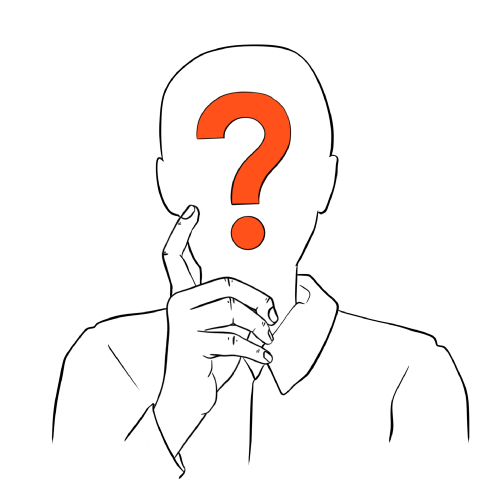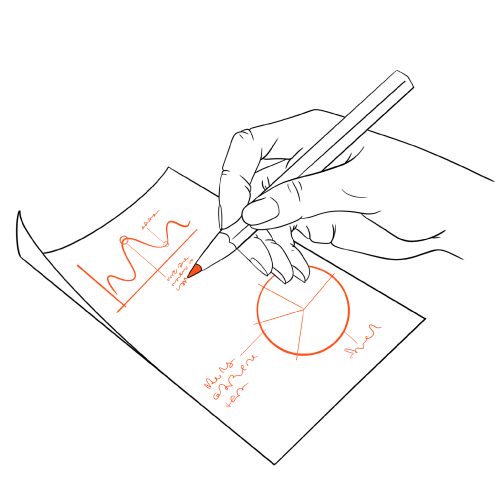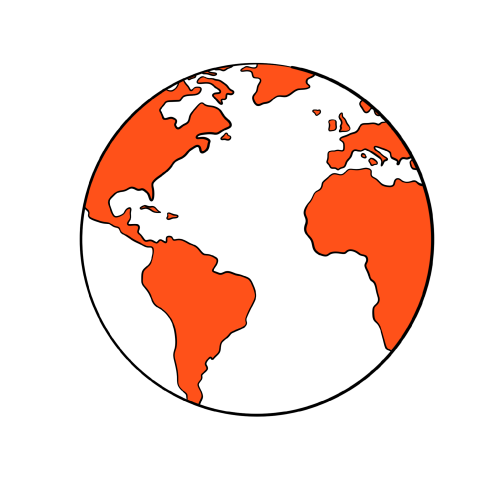Culture


How do you develop a distinctive and resilient business culture that can adapt to the future?
Culture is a critical success factor for organisations, often making the difference between good performance and great. We use our unique insights into behaviour and motivations to implement cultural change interventions that improve businesses and provide fuel for growth.
We do what traditional leadership coaches can’t: we decode an organisation’s DNA swiftly and accurately, and we use our understanding of business context and content to help companies enhance their culture in a way that engages people and drives performance.
We drive lasting change in teams and encourage cultures that underpin sustainable organisational growth.
How is our work in
culture
 differentiated?
differentiated?

We start with the human dimension.
While it is not unusual for culture work to start with a consideration of people, we believe that our approach to organisational culture is unique for the depth and nuance with which it considers individuals, teams and organisations as a whole. Our clients consistently praise our ability to quickly understand their culture and their people, and to give them new insights on both.

We create custom methodologies.
We have different methods we use to understand organisational culture, informed by anthropology, social psychology, behavioural science and data science. We draw upon these methods to create bespoke interventions that allow us to quickly understand each client’s culture and to identify which elements of it need to be preserved and which may need to evolve.

We ground our solutions in reality.
Culture can be an ephemeral topic. We make it concrete and measurable by defining the key behaviours, actions and values within an organisation that comprise the culture, and then providing clear and practical guidance for how organisations can take the best of the culture they have today and transform it to fuel their future growth.
Read a case study on our work in
culture

How do you change a toxic organisational culture when it is part of people’s identity – at work and beyond?
One of our toughest culture change challenges came when we were asked to clean up the culture in a financial services organisation. Its broker community was famous for its old boys club atmosphere – and its worst excesses had resulted in significant regulatory problems and fines for the company. The company’s leadership understood their culture needed to change – but they were not hopeful about the chances of any intervention succeeding, even with their full support.
We persevered and figured out the motivations of the broker community, and how we could tap into those to encourage more ethical behaviour. This allowed us to break through and gain credibility with what initially felt like an impenetrable community. In the space of a year, we successfully changed behaviours and laid the roots of a more ethical and compliant culture in each of the organisation’s major markets. The company went from being on the financial regulators’ blacklists to being considered a model for how to create a positive culture.
Results we achieved:
What were some of the unique contributions we made that led to success?

We started with the human dimension.
Rather than starting with what the brokers needed to learn or change, we started with who they were. We took time to understand what motivated them and what earned their respect. We then used those insights – like the fact that they were highly competitive – to create culture change interventions that they couldn’t ignore and that made them think differently.

We created custom methodologies.
We used ideas from the social and behavioural sciences to better understand the broker community. We then used techniques from the theatre arts to engage the brokers in live-action culture change.

We grounded our solutions in reality.
The firm’s broker population was never going to change just because someone told them to. Their maverick, macho behaviour was a huge part of their identity, inside and outside of work. Instead of lecturing them, we needed to get them to see that they would have better opportunities to be strong leaders within an ethical paradigm than they did in their current way of operating.
-
Capabilities
How do you identify and build the skills your organisation needs to succeed both today and tomorrow?
-
Opportunities
How do you embrace a mindset of sustainable value creation and use it to win complex deals?
-
Relationships
How do you establish and maintain strong business partnerships that help you win in a networked world?
-
Stories
How do you articulate complex ideas in a simple way that’s guaranteed to win the hearts and minds of any audience?
-
Transformation
How do you architect and implement big changes that will be accepted and sustained?